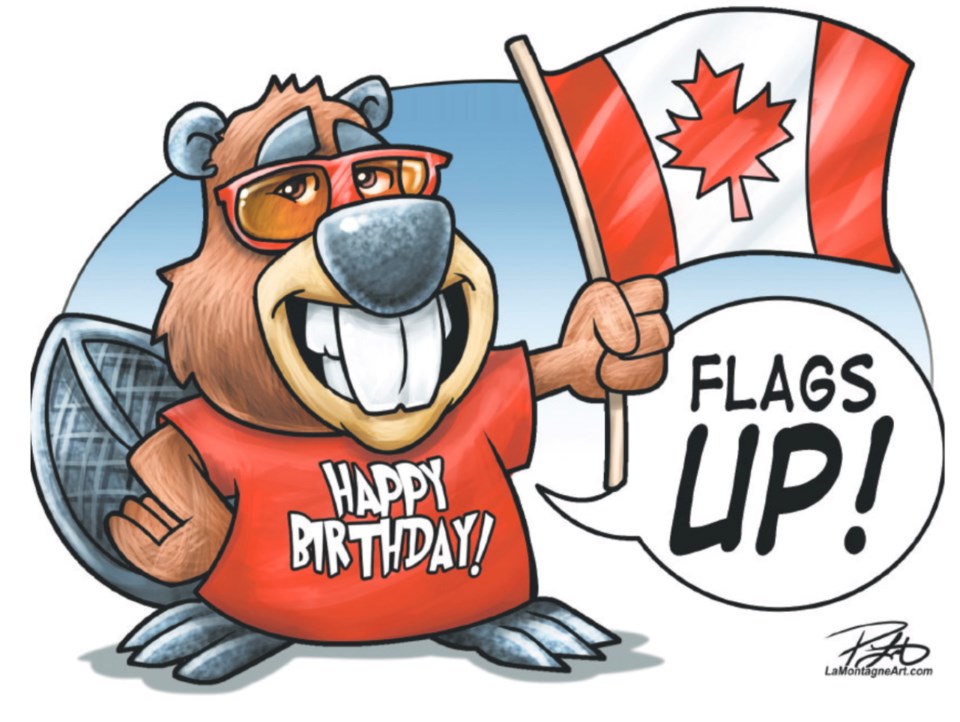Ah, Canada.
The home of hockey, maple syrup, plaid shirts and the wild outdoors.
Canada is turning 158 years old and it feels like July 1 is going to hit differently this year.
Canada continually ranks high among countries that are the top educated, has the highest quality of life, safety, and ensures medical access to residents through universal healthcare. Living in the Bow Valley, throwing in the beauty of the natural landscape would be rubbing it in a bit, don’t ya think?
Following the U.S. elections last November, there has also been a shot in the arm to national patriotism after President Donald Trump, a World Wrestling Entertainment’s hall of famer for playing a character who gets a reaction out of people, pushed an agenda that threatened Canada’s sovereignty.
Hey, Canada might not have brought home the Stanley Cup, but the McGolden Goal at the 4 Nations Cup was pretty damn satisfying.
Despite everything that is great north of the border, Canada isn’t without its social issues. During the 2025 federal election, the top concern on the minds of Canadians were finances and the economy, according to Vote Compass data used by CBC. And it wasn't just speaking toward the pricey little town of Canmore. No, no, no. Many Canadians have felt the constricting squeeze of affordability over the past decade, particularly with homeownership.
According to Loans Canada, the average cost of homeownership in 2025 in the Great White North is $670,064, with British Columbia ($951,365), Ontario ($834,050), and Quebec ($542,646) being the top three most expensive. New Brunswick is the least expensive place to live at $318,900.
Alberta ranks fourth overall at just under $500,000. But hey, when they are handing out homes in places like High Level for $150,000 or less than that price tends to slide. But despite the lower cost in some towns, the year-over-year percentage change in Alberta is at 5.9 per cent in 2025, with Canada’s year-over-year percentage change is at 1.1 per cent.
During the national election in April, the Liberal federal government stated that it is taking action to put money back in the pockets of Canadians. In one example, the feds axed the divisive carbon tax, the very same that those protesters on the shoulder of Highway 1 seemed so keen to get rid of.
As their commitment to making the cost of life less for middle class citizens, the feds also promised a middle class tax cut, eliminating the goods and services tax (GST) for first-time home buyers on homes at or under $1 million, and helping to build around 500,000 new homes per year for the next decade.
For the latter, Canadians have seen something similar before, with Justin Trudeau’s government creating the Canada Infrastructure Bank, established to invest in infrastructure projects through partnerships between governments and the private sector, which has faced criticism for its slow pace at delivering projects.
As with any new-ish government settling into power, it will take time to iron a few things out. But one thing for sure is the increasing cost of living is not dropping anytime soon.




